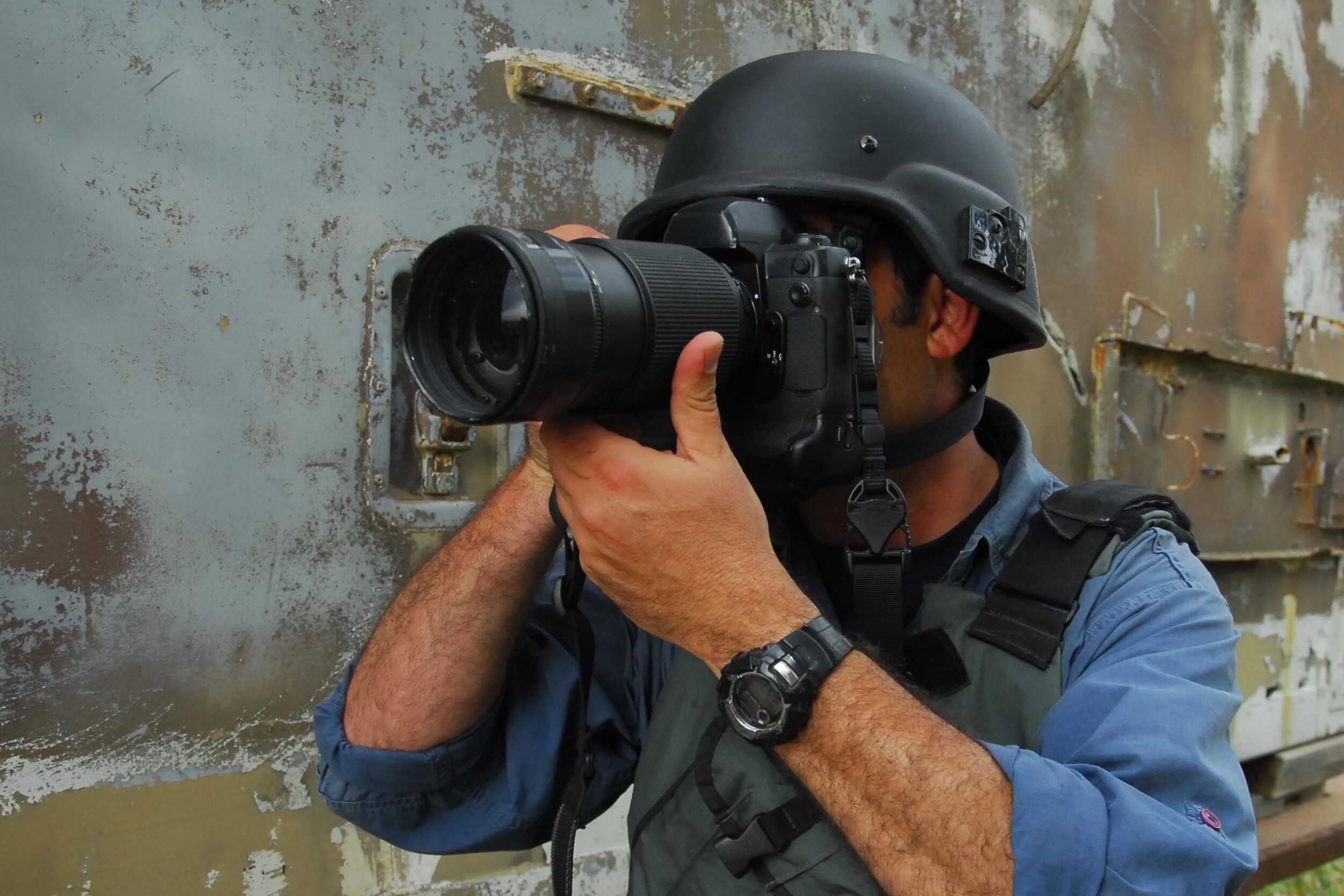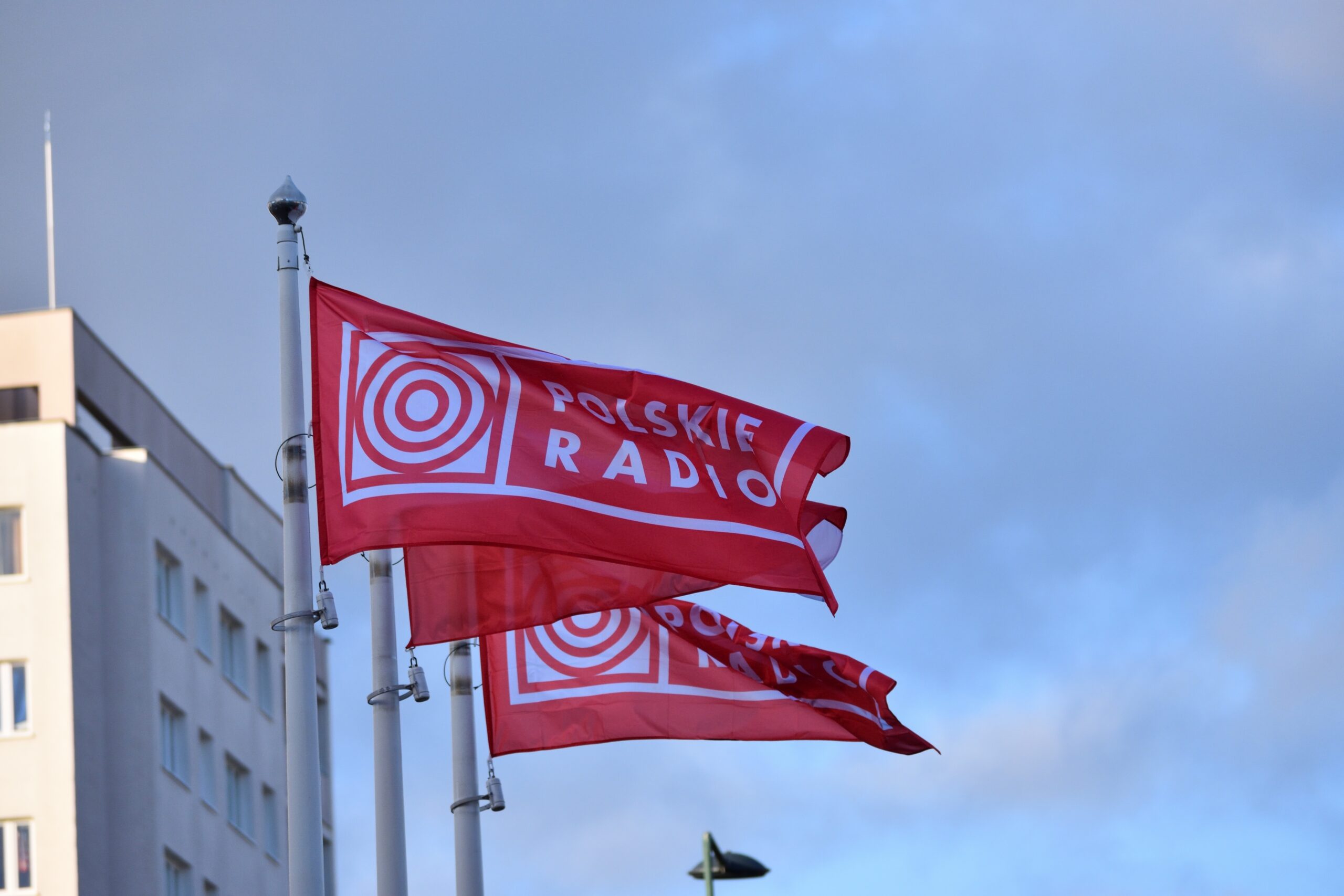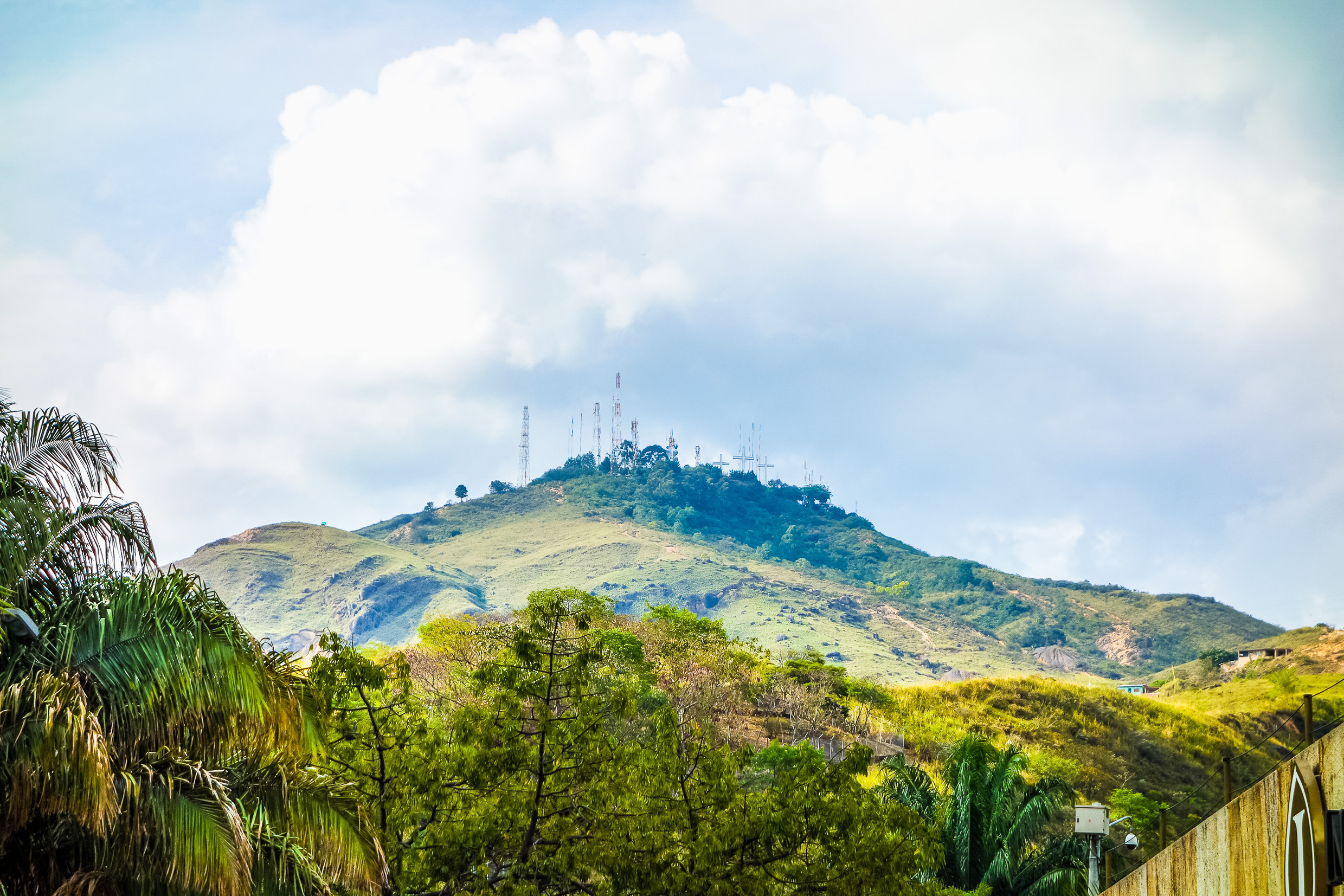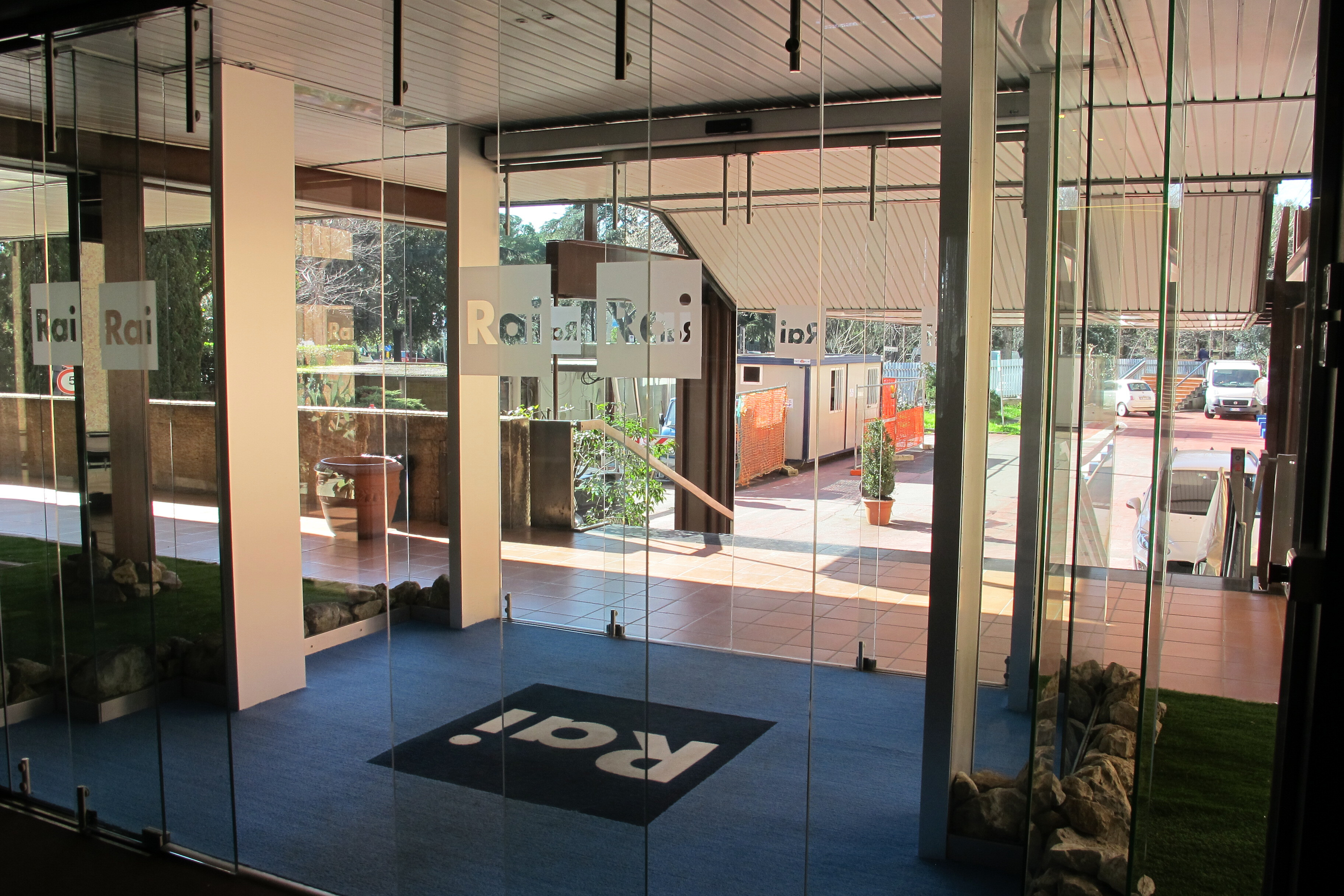Protests against Rai following festival broadcast
4th March 2024
Rai offices have been the subject of protests due to comments made by management, viewed to be overtly supporting Israel, following a festival in which musicians called for a ceasefire.
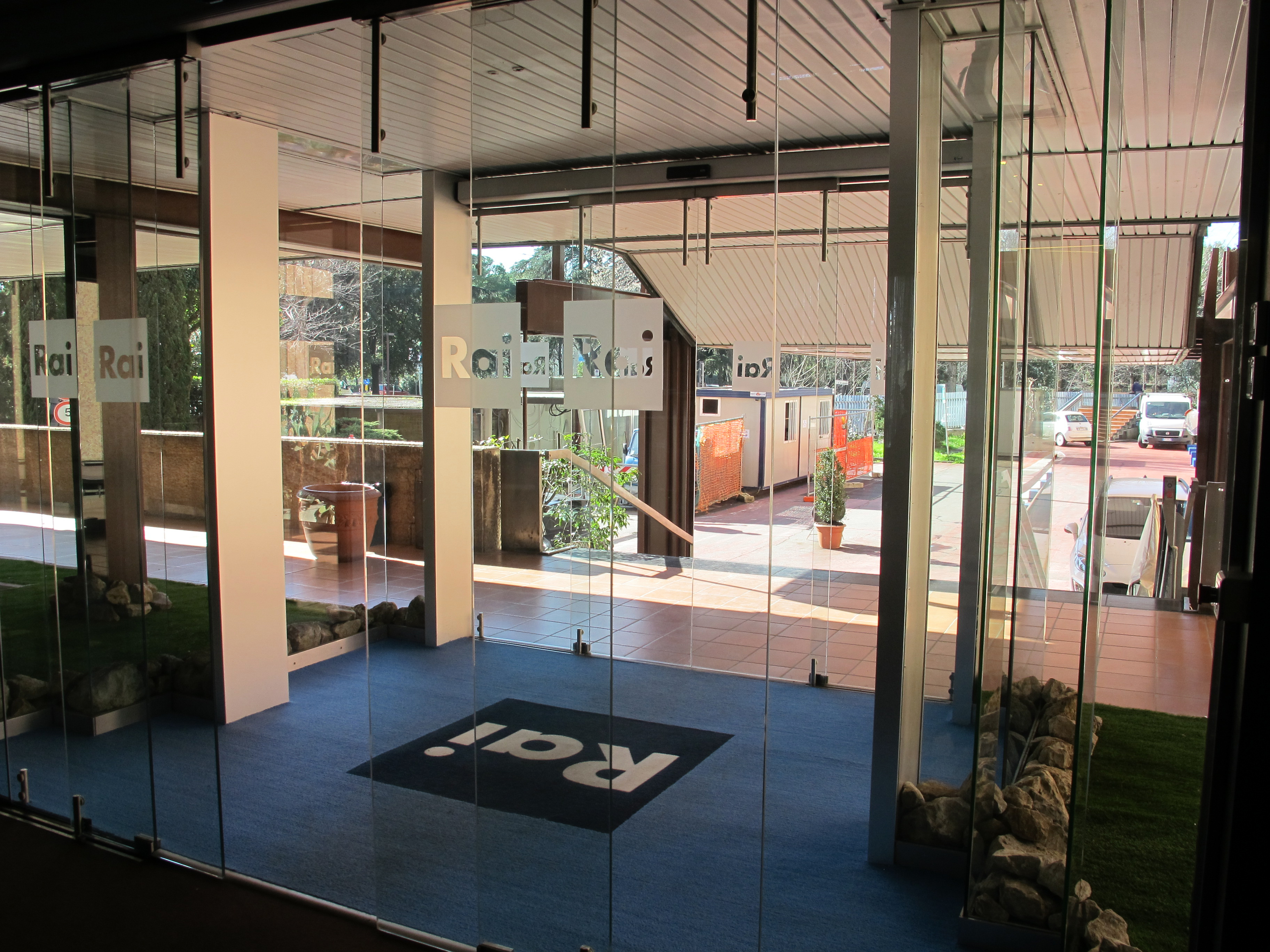
IN BRIEF:
- Rai took their distance from artists’ call for a ceasefire during one of the most important festivals in Italy, provoking a wave of protests.
- A series of protests broke out across the country, targeting the headquarters of Rai in different big cities.
- Rai was accused of censorship and of becoming the mouthpiece of Meloni’s government
IN FULL
– By Charlotte Pion
Rai offices have been the target of protests in several big Italian cities, who accused Rai of censorship over the Israel-Hamas war. Some of the protests turned into clashes with police authorities.
It comes with Rai already finding itself within a complicated political climate, with several demonstrations against the public broadcaster organised by political opposition.
A politicised music festival
It started on the stage of the most important festival of the year in Italy, broadcast on Rai on 10 February. “History does not accept the silent scene. Our silence is co-responsibility. Ceasefire,” called the singer Dergen D’amico from the stage of the Sanremo Music Festival.
The rapper Ghali, widely supported among the younger generations, also used the stage to send a message, “Stop the Genocide,” referring to the ongoing massacres in the Gaza Strip. The words of the two artists immediately caused a reaction.
Read more: Pressure on Rai continues with licence fee cut
The day after the festival, the Israeli ambassador to Italy, Alon Bar, reacted strongly against the artists on social media, describing the fact that the Sanremo festival stage had been “exploited to spread hatred and provocation in a superficial and irresponsible manner”. He said it was “shameful”, referring to the fate of the victims of the 7 October massacres and lamenting the fact that they had not been given a demonstration of solidarity during the festival, reported Le Monde. In an appearance on Rai the day after his performance, Ghali emphasized that he has consistently advocated for peace throughout his career.
Listen toour podcast
Uncovering and exploring the biggest
issues facing public media
Reaction of Rai
Rai very quickly took their distance from the rapper’s act, but in so doing, sparked further controversy and reviving accusations that the public broadcaster’s management’ is submissive to political leaders.
The day after the festival, on the entertainment program Domenica In, where Ghali was present as well, presenter Mara Venier read a statement from the public broadcaster’s managing director, Roberto Sergio. The statement expressed solidarity with the Israeli people without mentioning the Palestinian victims of the conflict. Sergio also described the musicians’ statements as “shameful” and accused the two of spreading hate from the stage.
Dergen D’amico, who was also the guest of Domenica In, was abruptly interrupted by the host when he tried to raise the issue of migrants and their contribution to Italy, interruption immediately perceived as censorship.
“The statement read out live, the incident about the migrants give the image of a company that’s afraid, afraid of political pressure, afraid of deviating from the line… there’s a form of self-censorship that’s setting in.” – Rai executive speaking under anonymity
The USiGRai, a trade union organisation for Rai journalists , reacted immediately by informing the main Italian newspapers, professing its independence and autonomy from the editorial positions, and mentioned the censorship attempts.
“We are committed to colleagues on all war fronts, to report the news with balance and respect for the facts,” the organisation said in a statement. “For no reason would we want to be associated with partisan positions that would undermine the impartiality inherent in the role of information of public service”.
A Rai executive, speaking on condition of anonymity, told Le Monde that “The statement read out live, the incident about the migrants give the image of a company that’s afraid, afraid of political pressure, afraid of deviating from the line… there’s a form of self-censorship that’s setting in.”
Rai offices under siege
Shortly after the events, the anger spread to the crowds, who gathered outside Rai headquarters, first in Naples, then in Rome. The wave of protests continued to spread across the whole country, with demonstrations in Milan, Turin, Bari, Florence, Genoa, Bologna and most recently in Catania, where there were some incidents of police clashes.
Reactions also came from the political opposition, with Luigi De Magistris, leading representative of the far left party Potere al Popolo, protesting “against the political use of public television by the managing director Roberto Sergio who aligns Italian radio and television in favour of the State of Israel by distancing itself from the singer Ghali who had dared to speak of genocide”.
However, according to sociologist and Islam expert Giovanni Giacalone, speaking to Il Giornale, the incident was being used for an ulterior motive. “The demonstrations outside the various Rai offices in support of the Palestinian cause show very little that is spontaneous. The union between Palestinian militants and those of the far left coming from social centres and extra-parliamentary formations is evident. The idea is that there is a single direction that uses the Palestinian issue to create tension at an internal political level.”
These events have come at an already troubled time for Rai. Demonstrations have been organised by the centre-left Democratic Party, and other members of the opposition have claimed that Rai has become a government mouthpiece, calling it “TeleMeloni”.
“We are here for the independence of the public service, for the right of all Italians to have correct information and for the protection of freedom of the press”, said the secretary of the Democratic Party, Elly Schlein.
However, there have also been counterdemonstrations in response to the Democratic Party protest organised by the Unirai union, advocating for press freedom. “We felt we had the duty to defend the category of Rai journalists from yet another attack from politicians who even contested a headline,” said Francesco Palese, leader of Unirai
Alessandra Costante, secretary of the National Federation of the Italian Press (Fnsi), stated that she asked the parliamentarians for a European reform of Rai. “The Media Freedom Act asks Italy to give Rai governance that is independent and has certain funding. Rai needs autonomy and independence, yes, Europe is asking us for this, which is also asking us to guarantee the right to report and a decent salary for those who work as journalists. Everything else is the invention of those who want to restrict the right to freedom of the press,” she said.
Related Posts
1st March 2024
News leaders express solidarity with journalists in Gaza
News editors and chiefs from over…
26th February 2024
Public media in Poland struggles for a reset
All public radio stations have now been…
21st February 2024
Resignations and discord lead to turmoil at RTVC
The departure of a deputy radio manager…

